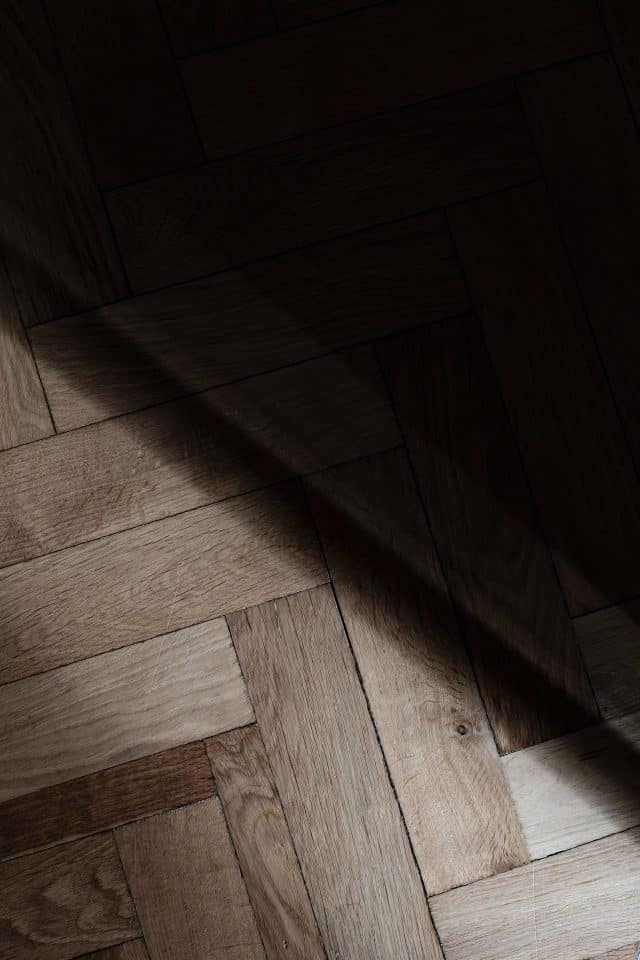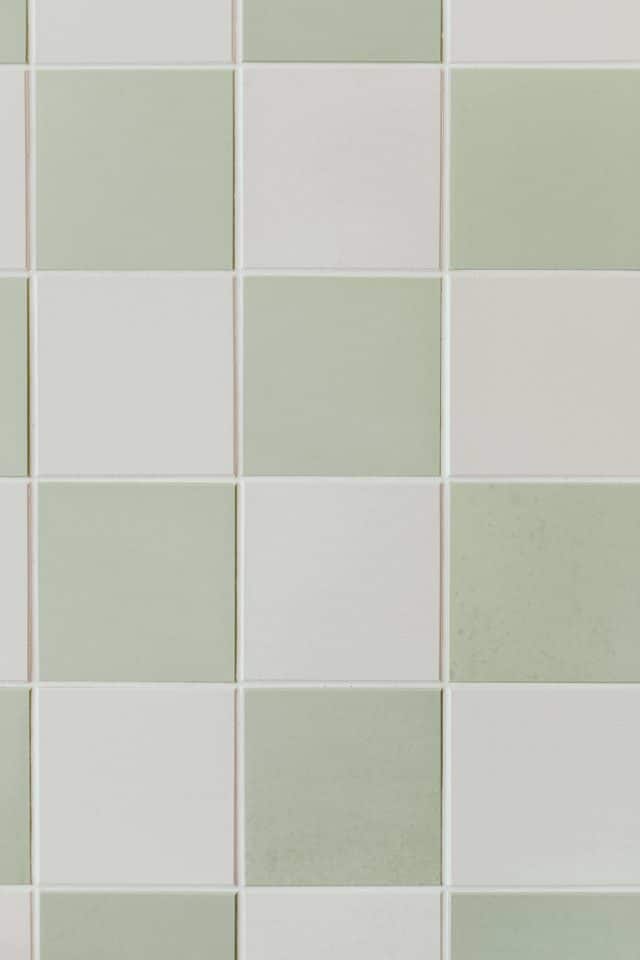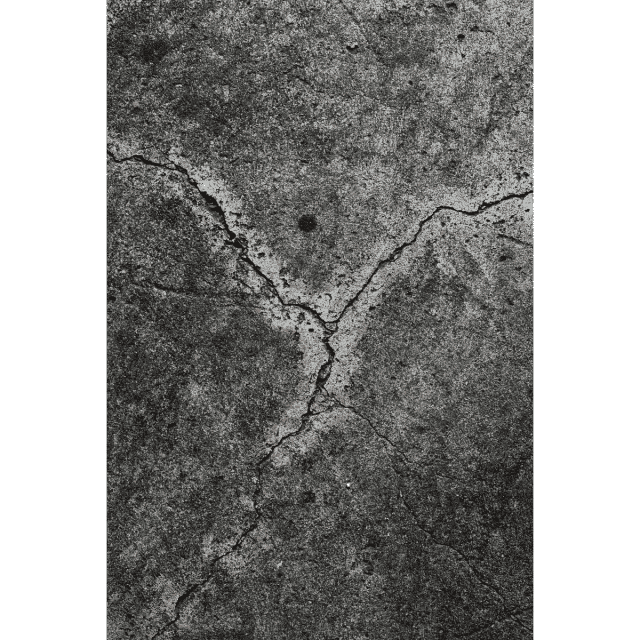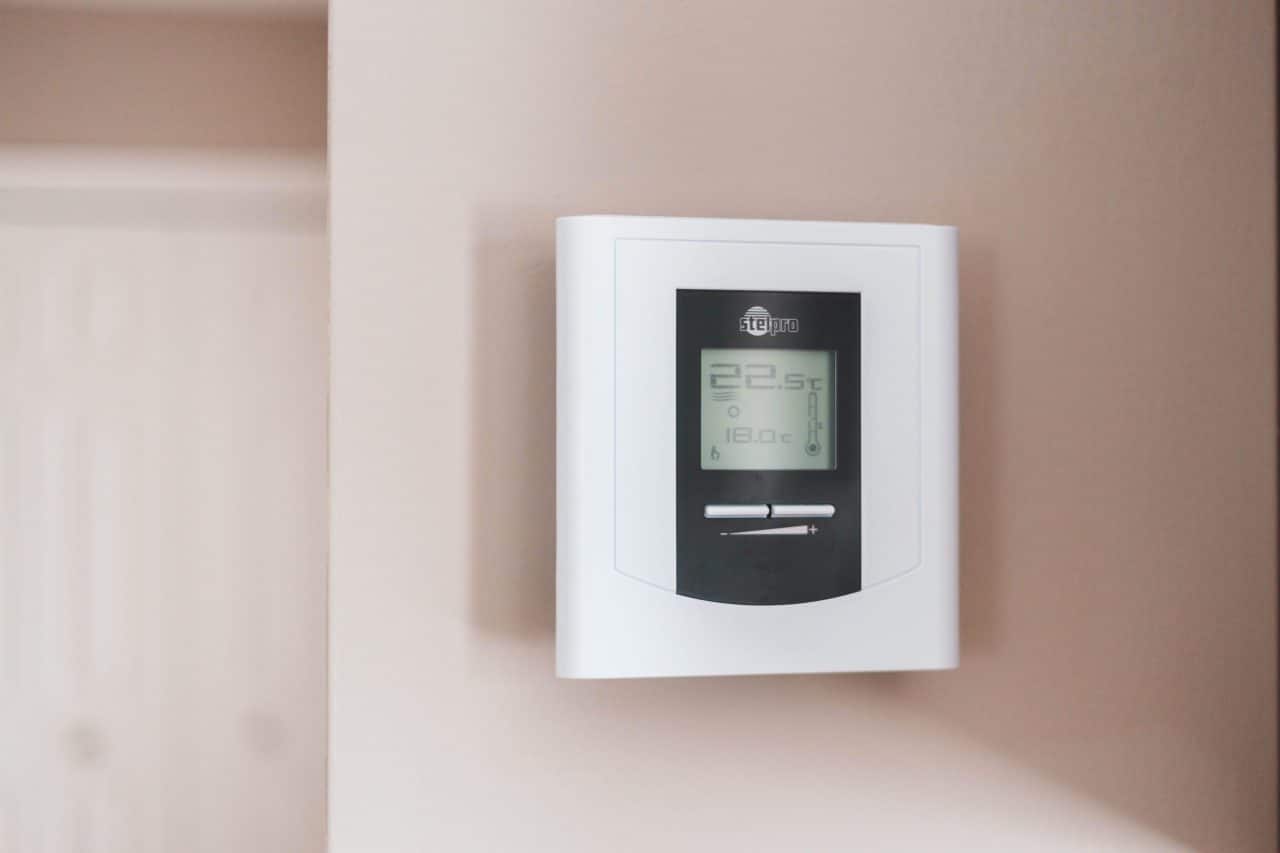If you are moving into your new home and want to add an underfloor heating system to it, there are several factors to consider. Factors such as thickness and heat retention are the first thing that comes to mind. The most crucial factor you need to think about is how thermally conductive the floor is. If you wish to get the most out of your UFH setup, you should choose flooring that has maximum thermal conductivity. A thermally conductive floor type will heat up much faster, in addition to consuming less energy. This will make the whole system more energy-efficient, which will, in turn, save you money in the long run. However, even if you prefer a different type of flooring than the most energy-efficient options, an underfloor heating system can still be beneficial. We are going to show you how to choose the best flooring material for underfloor heating so you can make the most informed decision.
Wood Flooring
If you want wood floors with your underfloor heating system, there are several varieties you can choose from. Each type of wood has its own set of thermal qualities. When shopping for appropriate wood flooring, the two elements to consider are density and thickness. Wood that is dense and thin at the same time will have the best thermal conductivity. The main three types of wood you should be looking at are:
- Hardwood: Has the perfect balance between density and thickness. However, it is susceptible to temperature and humidity variations.
- Engineered Wood: It is the ideal wood floor for underfloor heating because it can withstand changes in floor temperature and humidity, and it can heat up really quickly.
- Bamboo: Another popular wood flooring choice to use with underfloor heating is bamboo. It is made in the same way as engineered wood. It is also denser than other hardwoods, which gives it exceptional heat conductivity.

Stone or Ceramic Tile
Tiles are the most common type of flooring material for underfloor heating. This is because tiles are very good at conducting heat, which makes them ideal for UFH. Tile floors can heat up fairly easily, and they retain heat very well. This makes it easier to keep a steady temperature inside your home, which will make your home more energy-efficient. For tiles, you may use either water or electric UFH. The thickness of the tile has no effect on its heat production. However, the thicker the tile, the longer it will take to heat up.
Tiles are the most common type of flooring material for underfloor heating. This is because tiles are very good at conducting heat, which makes them ideal for UFH. Tile floors can heat up fairly easily, and they retain heat very well. This makes it easier to keep a steady temperature inside your home, which will make your home more energy-efficient. For tiles, you may use either water or electric UFH. The thickness of the tile has no effect on its heat production. However, the thicker the tile, the longer it will take to heat up.

Laminate Flooring
Flooring made of laminate is less expensive and easier to maintain than any type of real wood. Laminate flooring is also a lot more resistant than many other types of wood flooring. The majority of laminate products are extremely durable and simple to maintain. Laminate is also much simpler to clean than other forms of flooring. And if you are someone who wants to pay attention to the floors and cleaning after they move into their new home, laminate flooring would be a great option.
The fact that laminate is resistant to changes in temperature and humidity is one of the material’s many desirable qualities. You are able to use either electric or liquid heating systems for underfloor heating if you have laminate flooring. The difficulty with laminate flooring, on the other hand, is that it can only withstand temperatures up to 80 degrees Fahrenheit. This temperature limit is the maximum you should go to. If you go higher, there is a possibility that you will damage the floor. In addition, laminate flooring that is thicker could potentially inhibit the flow of heat; therefore, for optimal heat transfer, laminate floors should be no more than 18 millimeters thick.
Worst Flooring Options for Underfloor Heating
There are many reasons you should install underfloor heating. While it is compatible with almost any type of floor, there are floor types you shouldn’t combine with. The main two types of floor you should avoid are rubber and concrete.
Rubber
Rubber is excellent at insulating; therefore, it is not a good option if you wish to use a material that can transfer heat well. It could take quite some time for the rubber floor in your home to warm up and start releasing the room’s built-up heat. Because of this, you should stay away from any type of flooring made of vinyl as well as certain types of flooring made of composite laminate. Furthermore, rubber reacts to changes in temperature by expanding and contracting, and the heat generated by your UFH system will have a negative effect on the rubber floor. In addition to this, when exposed to high temperatures, rubber has a propensity to give off an unpleasant smell.
Concrete
When it comes to concrete, it is not ideal for an underfloor heating system because UFH systems require layered flooring. Layered flooring means that you can install the heating system in a lower layer and the floor in a higher layer. You will not be able to do this with concrete because it is homogeneous. Additionally, swift temperature changes can cause your concrete to crack. This means that you will have to manage the temperature of your floor all the time if you don’t want to break your floor.

If this was not too hard to understand, there is not much more we can tell you about how to choose the best flooring material for underfloor heating for your new home. All we can do is tell you that the sooner you go through with this process, the sooner you will be able to settle in your new floor-heated home.

